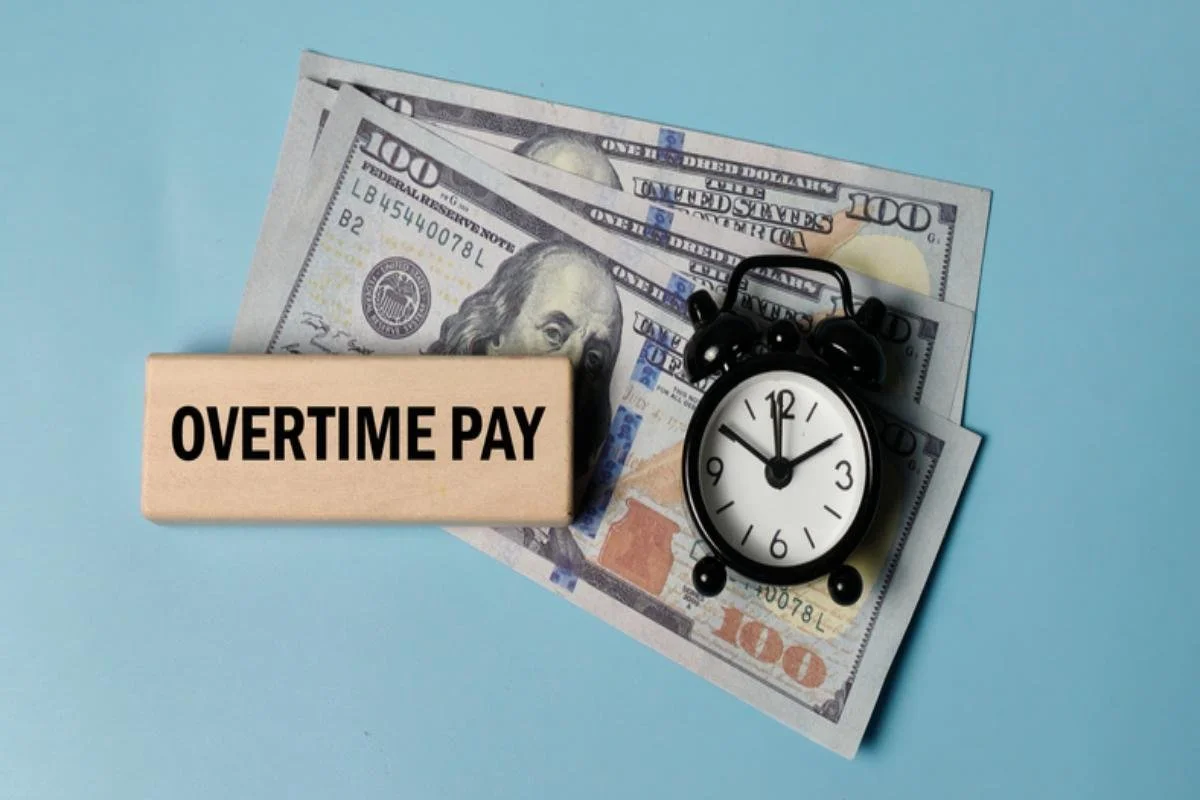Commission Wage Allocation Limited by California Supreme Court Ruling
/The California Supreme Court ruling on June 14, 2014, limited commission wage allocation by holding that employers could not satisfy the California compensation requirements for commission sales exemptions by assigning commission wages paid in one pay period to alternate pay periods. The decision could have a notable impact on employers who regularly pay their employees on a commission basis. It could have a particularly significant impact on those who pay commission sales employees a base salary that falls near the minimum wage requirement.
California’s commissioned employee exemption requires (among other things) employee’s earnings to exceed one and a half times minimum wage. It also requires that more than half of the employee’s compensation be commissions.
In Peabody v. Time Warner Cable, Inc. Case No. S204804, the employer (Time Warner) argued that their former account executive wasn’t entitled to overtime pay due to the fact that she was a “commissioned employee” and was therefore exempt. As noted above, there are limitations as to which employees can fall under the commissioned employee exemption. In the case of Time Warner, Peabody was paid an hourly wage of $9.61. This did not fulfill the one and half times minimum wage minimum pay requirement. The wages were paid every other week. Total compensation of the plaintiff did exceed the minimum one and a half times minimum wage requirement when the hourly was combined with the commissions paid to the employee. Commissions were paid only once/month. The commissions paid were earned throughout the previous month.
Due to the pay structure set up by Time Warner, the employee’s compensation fell short of the one and a half times minimum wage requirement during some pay periods. It is also notable that there was no dispute regarding the fact that the employee worked 45 hours per week and was not paid any overtime. In an attempt to meet requirements set down in the commission employee exemption, Time Warner suggested that employee commissions should be reallocated to be paid during earlier pay periods (in which they were earned) rather than the bi-weekly pay periods that were in place. They felt that satisfying the exemption’s minimum wage earnings requirement in this manner should free them from the obligation to pay commission employees overtime. The California Supreme Court rejected their argument. It was concluded that the Time Warner’s attribution of commission wages to meet minimum requirements was impermissible.
If you need to discuss implications of the recent ruling and how it could affect you as a commission employee, contact Blumenthal, Nordrehaug & Bhowmik, the Southern California employment law experts.



